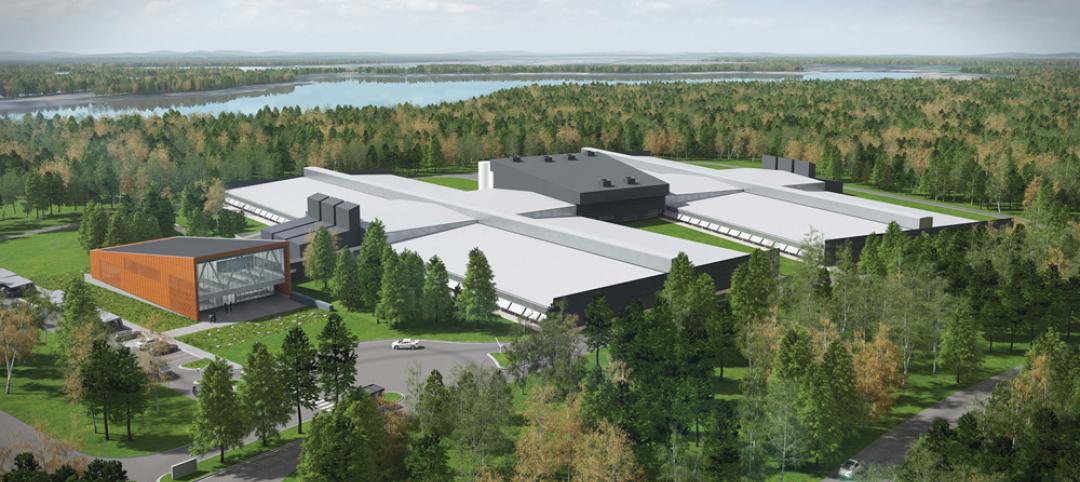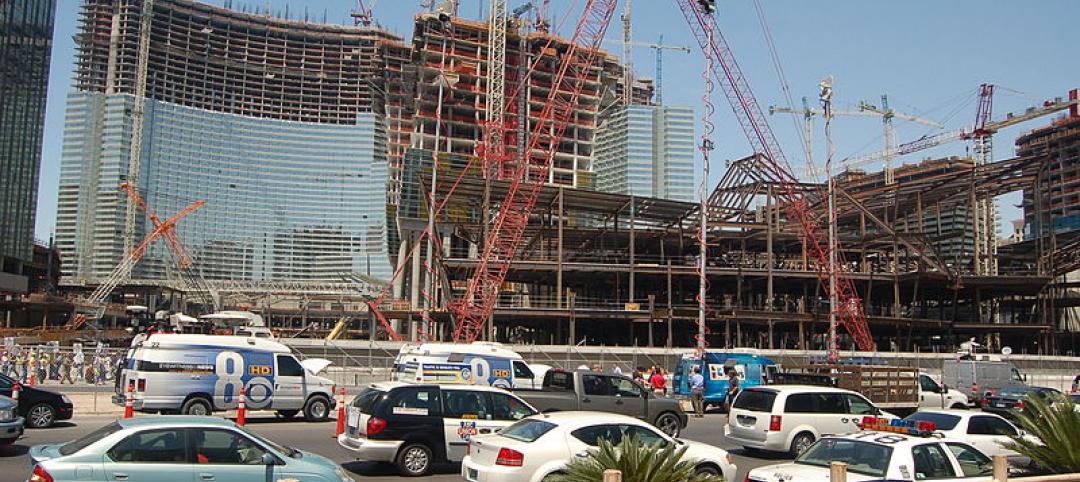Lax disclosure regulations that have made the U.S. a global hot spot for money laundering via real estate holdings will make it difficult for officials to seize properties from Russian oligarchs.
Russian oligarchs have likely staked a large part of their wealth in U.S. commercial real estate properties in purchases that are easier to conceal than high-profile luxury mansions and superyachts. Federal law requires “self-reporting” of transactions making it difficult to track who owns what.
A 2020 law giving the U.S. Treasury the power to stop tax evaders, kleptocrats, terrorists, and other criminals from using anonymous shell companies to hide assets is not strong enough to compel disclosure of ownership, according to some legal experts. Russian oligarchs have purchased numerous luxury condos in Manhattan and Miami, but significant funds from Russia money have also been used to snap up property in cities across the U.S.
According to Global Financial Integrity, a nonprofit that tracks the flow of illicit money, more than $2.3 billion has been laundered through U.S. real estate during the last five years.
Related Stories
| Sep 29, 2014
10 common deficiencies in aging healthcare facilities
VOA's Douglas King pinpoints the top issues that arise during healthcare facilities assessments, including missing fire/smoke dampers, out-of-place fire alarms, and poorly constructed doorways.
| Sep 23, 2014
Designing with Water: Report analyzes ways coastal cities can cope with flooding
The report contains 12 case studies of cities around the world that have applied advanced flood management techniques.
| Sep 18, 2014
Eugene, Ore., passes ordinance to achieve steep energy consumption reductions
The Eugene, Ore., City Council recently passed an ordinance aimed at steeply reducing energy consumption and greenhouse gas emissions.
| Aug 6, 2014
Senate bill provides guidelines for federal design-build projects
A bill intended to encourage the federal government to use two-phase design/build project delivery was introduced in the U.S. Senate.
| Aug 4, 2014
Facebook’s prefab data center concept aims to slash construction time in half
Less than a year after opening its ultra-green, hydropowered data center facility in Luleå, Sweden, Facebook is back at it in Mother Svea with yet another novel approach to data center design.
| Jul 23, 2014
House passes 2015 GSA budget with 17% cut for new construction projects
The General Services Administration’s construction budget for fiscal year 2015 passed by the House this month includes cuts in both new construction and renovation/repairs compared to 2014.
| Jul 16, 2014
Massive $6.5 billion Silicon Valley development gets key city approval
The Santa Clara (Calif.) City Council approved the next steps for a massive development project next to Levi’s Stadium, the new home of the San Francisco 49ers.
| Jul 10, 2014
Southern California city considers new water fee for developers
A persistent drought in Southern California could lead to a water fee for new construction projects in Ventura.
| Jul 1, 2014
$1 billion master planned development in California clears key hurdle
Plans for a new section of the proposed $1 billion La Entrada master-planned community in Coachella, Calif., moved ahead after the developer and city council agreed that the plan would include 500 affordable housing units.
| Jun 30, 2014
Research finds continued growth of design-build throughout United States
New research findings indicate that for the first time more than half of projects above $10 million are being completed through design-build project delivery.














